SUMMARY
This is AI generated summarization, which may have errors. For context, always refer to the full article.
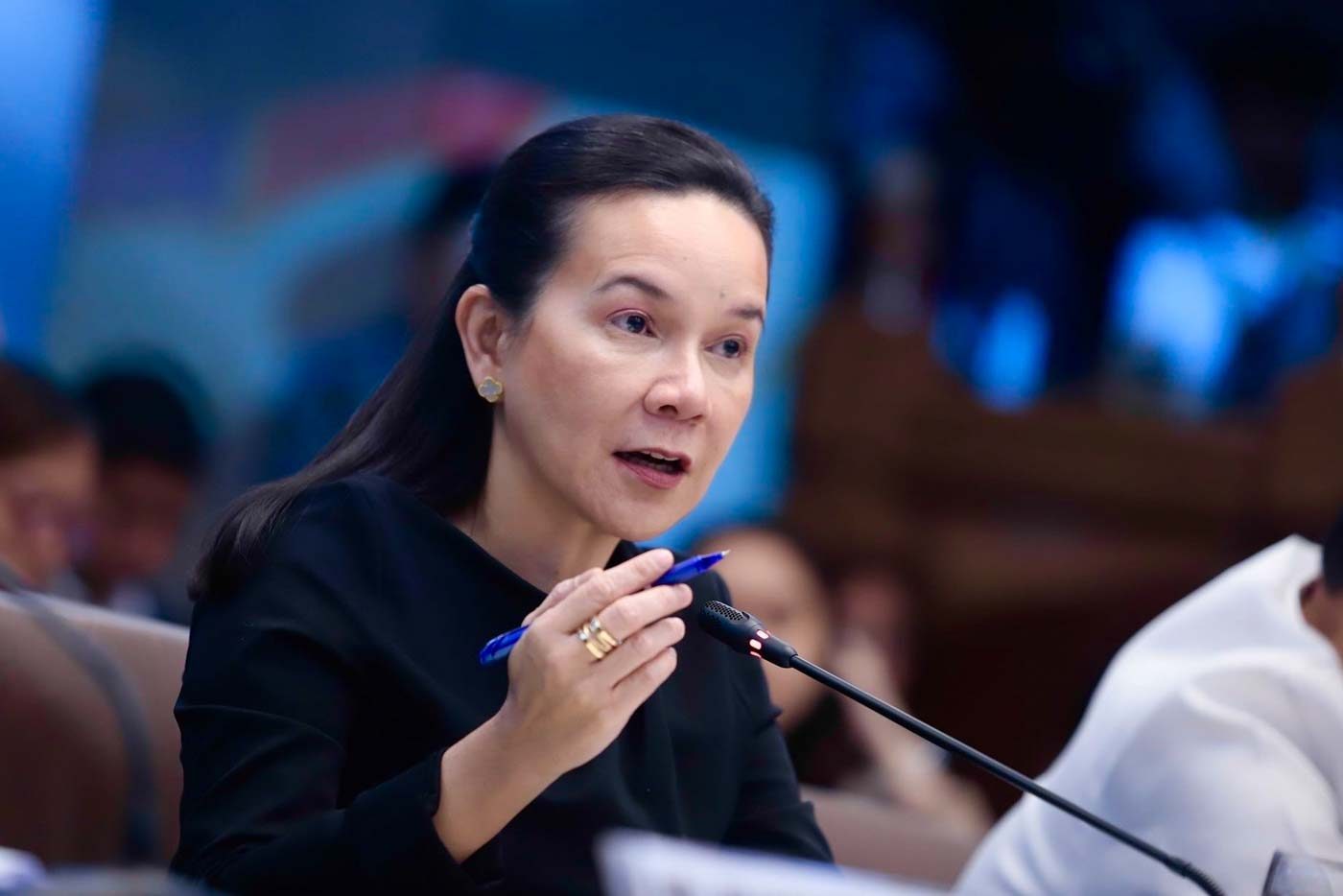
MANILA, Philippines – Senator Grace Poe is hoping that the 18th Congress would move to override President Rodrigo Duterte’s veto on the bill that would have required Filipinos to register ownership of their SIM cards and use their real names when creating social media accounts.
Poe, who defended the bill in plenary as chair of the Senate committee on public services, argued that the consolidated version of Senate Bill (SB) No. 2395 and House Bill No. 5793 is constitutional.
“We count on Congress to act in a timely manner in reconsidering the bill for approval in accordance with the legislative process,” Poe said in a statement on Saturday, April 16.
“Each day without the safeguards from the measure makes our people vulnerable to ripoffs that take away their money and cause them anxiety; the onslaught of cybercrimes and fake news that tear away the fabric of our democracy,” she added.
The 1987 Constitution allows Congress to override the presidential veto. Two-thirds of the members of each chamber – meaning the Senate and the House voting separately – must vote to override the presidential veto .
The bill’s main goal was to help curb cases of subscriber fraud, but its final version also included a provision designed to help “unmask” trolls on social media.
That additional provision was Duterte’s main problem with the bill, which Malacañang said needed a more thorough study as it “may give rise to a situation of dangerous state intrusion and surveillance threatening many constitutionally protected rights.”
Duterte’s presidency saw the rise of disinformation networks, where trolls are able to get away with spreading lies through anonymous accounts online.
For Poe, the vetoed bill still upholds jurisprudence in the Chavez vs. Gonzales case in 2008, wherein the Supreme Court ruled that content-neutral regulation “are not designed to suppress any particular message.”
“The SIM card registration bill passes the test of constitutionality based on such criteria. The veto highlights the need for ongoing efforts, both public and private, to find effective ways to protect our citizens and our democracy,” she added.
Senate Minority Leader Frank Drilon, who has long mulled to craft law to fight disinformation, had introduced the controversial provision when SB 2395 was up for plenary debates in 2021.
A majority of senators agreed to approve the amended version on third and final reading in December 2021. The House version did not have the provision, but it was adopted later on by the bicameral conference committee tasked to reconcile conflicting provisions of the measures.
Drilon said on Saturday that Duterte’s veto is “big win” for troll farms.
“By vetoing this bill, the President lets trolls thrive, spread lies and hate, and fuel discord and division. Political trolling as we’ve seen these days is a thriving business. This veto is a big win for troll farms,” said the veteran lawmaker.
But Senator Panfilo Lacson, one of 10 contenders in the 2022 presidential race, said he agreed with Duterte’s veto on the SIM card and social media registration bill. He recalled that his own version of the measure did not include the social media clause.
“I may have to agree with the presidential veto. Mandating social media registration could be violative of the ‘one subject, one title’ rule as defined under the 1987 Constitution, not to mention the absence of safeguards or guidelines in the said provision not even covered by the title of the measure itself,” said Lacson in a statement.
Muntinlupa Representative Ruffy Biazon was also frustrated with Duterte’s veto, as he had repeatedly refiled the SIM card registration bill since the 13th congress.
“The SIM card registration bill veto highlights the need to put clarity in the rules of the bicam conference that it should only reconcile differences between Senate and House versions of a bill and not introduce new provisions,” Biazon tweeted.
Drilon, however, argued that the provision was “not a last-minute insertion,” as it went through the proper legislative process.
“We studied it and introduced it in the Senate plenary as part of our humble contribution in the fight against trolls and fake news. Twenty-two senators voted in favor of the measure on third reading last December. The House of Representatives adopted our version with little modification,” Drilon said. – Rappler.com
Add a comment
How does this make you feel?
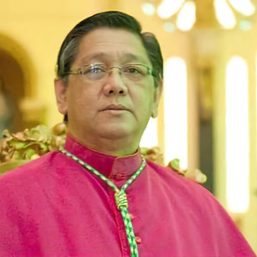
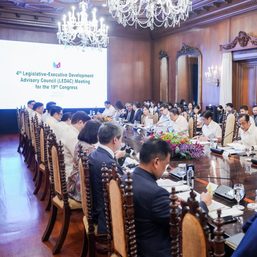
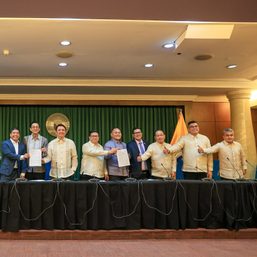
![[New School] Opening closed doors: Why full disclosure on congressional insertions matter](https://www.rappler.com/tachyon/2024/02/20240214-full-disclosure-congressional-insertions-matter.jpg?resize=257%2C257&crop=237px%2C0px%2C720px%2C720px)
![[OPINION] The House strikes back](https://www.rappler.com/tachyon/2024/02/TL-House-strikes-back-February-12-2024.jpg?resize=257%2C257&crop_strategy=attention)
![[OPINION] A big defeat for Big Tech](https://www.rappler.com/tachyon/2024/03/big-defeat-big-tech-march-27-2024.jpg?resize=257%2C257&crop=425px%2C0px%2C1080px%2C1080px)




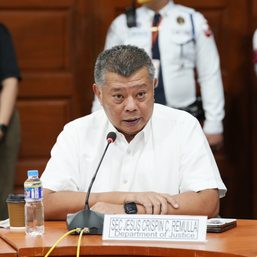




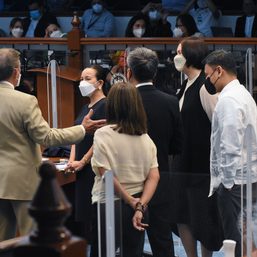

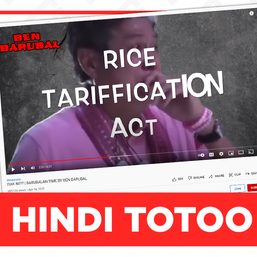



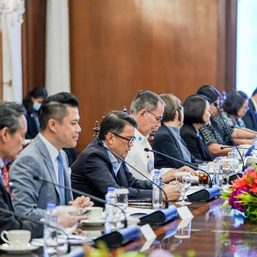
![[OPINION] The First Mode conundrum](https://www.rappler.com/tachyon/2024/03/tl-first-mode-conundrum-03232024.jpg?resize=257%2C257&crop=283px%2C0px%2C720px%2C720px)


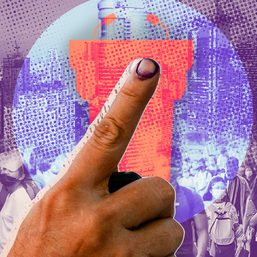
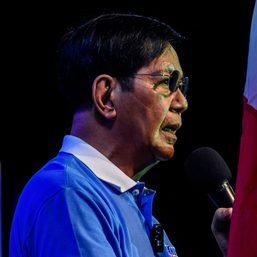

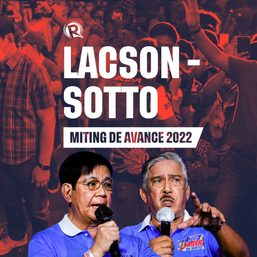

![[The Slingshot] Alden Delvo’s birthday](https://www.rappler.com/tachyon/2024/04/tl-alden-delvo-birthday.jpg?resize=257%2C257&crop=263px%2C0px%2C720px%2C720px)
![[EDITORIAL] Ang low-intensity warfare ni Marcos kung saan attack dog na ang First Lady](https://www.rappler.com/tachyon/2024/04/animated-liza-marcos-sara-duterte-feud-carousel.jpg?resize=257%2C257&crop=294px%2C0px%2C720px%2C720px)
![[Newsstand] Duterte vs Marcos: A rift impossible to bridge, a wound impossible to heal](https://www.rappler.com/tachyon/2024/04/duterte-marcos-rift-apr-20-2024.jpg?resize=257%2C257&crop=278px%2C0px%2C720px%2C720px)


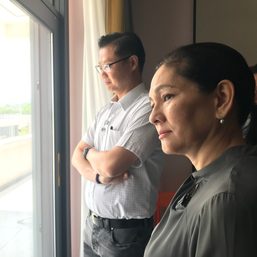



There are no comments yet. Add your comment to start the conversation.